Just when you think the shenanigans in Scottish public life can no longer surprise you, another electric revelation stuns you.
The bolt from the blue that under-fire Professor Jason Leitch has been employed by NHS Tayside for more than 11 years, but hasn’t done a day’s work for the health board in that time, should be a jolt to us all.
NHS Tayside is already under huge pressure over the calamitous harm caused to numerous patients by disgraced surgeon Sam Eljamel.
Health Minister Michael Matheson told the Scottish Parliament yesterday that Leitch now has no role in the Tayside review process for the former patients of Eljamel.
Anyone familiar with concepts of fidelity and probity would know that the national clinical director, seconded to the Scottish Government since 2012, should of course be nowhere near any inquiry into the health board which employs him.
Any involvement would have tainted the entire process and brought massive discredit on any notion of decorum and due process in Scottish civic life.
‘Robotic performance’
Matheson fielded questions at Holyrood from MSPs Liz Smith, Michael Marra and Willie Rennie on this grim matter, but his perfunctory answers reminded me of an old Soviet Politburo functionary trotting out the statistics on tractor production.
His unfeeling and robotic performance over an issue which has wrecked so many lives confirmed to me that I now have scant regard for many of our Holyrood elected members.
At school a phrase drummed into us in Latin class was ‘Quis custodiet ipsos custodes’ or, who will guard the guards themselves.
How we control and constrain the actions and behaviour of those in positions of power, and how we thwart potential abuses of that power, is a key component of any democratically accountable system.
The idea that an employee of NHS Tayside, whose reputation has been damaged by WhatsApp messages that have emerged at the Covid inquiry, should be involved in any way in the oversight of supposedly independent one-to-one case reviews would, of course, have been incongruous.
It would have had all the hallmarks of a banana republic minus the bananas.
The Dundee-based Labour MSP Michael Marra, speaking after The Courier broke the story, said: “The patients harmed by Eljamel do not trust the leadership of NHS Tayside.”
And Jules Rose, the lead Eljamel campaigner, had also vented her understandable fury. She said: “To hear that Mr Leitch is on the payroll of NHS Tayside, the organisation who let Eljamel harm us, I am flabbergasted and disgusted.”
The whole affair points to a much wider malaise in Scotland, though.
Increasingly, and especially in the wake of the recent furore over the deleted WhatsApp messages scandal, and other discreditable political behaviour, there’s a growing sense that the promised openness and transparency of the Scottish Government has been replaced by conspiratorial cabals, expertly practised in the dark arts of obfuscation and secrecy.
Throughout Scottish civic life, there’s a feeling among many that small groups of influential folk in positions of authority and responsibility are wielding it with arrogance and conceit.
Who will guard the guards?
Instead of displaying a sense of public duty and purpose, some folk charged with leadership responsibilities present instead a distinct air of egotistical, self-serving superiority.
I detect a sense of quiet desperation but also a rising tide of anger among the public who believe that concepts of fairness and justice are disposable ideals among some of those folk in positions of responsibility.
That feeling of alienation and resignation will eventually find an outlet, and for those who’ve exercised power without due regard for openness and accountability, it may result in some very harsh judgments on their reputations and future prospects.
So who will guard the guards?
They can’t be allowed to guard their own interests above ours.
If they insist on trying to, then we must relieve them of their duties.
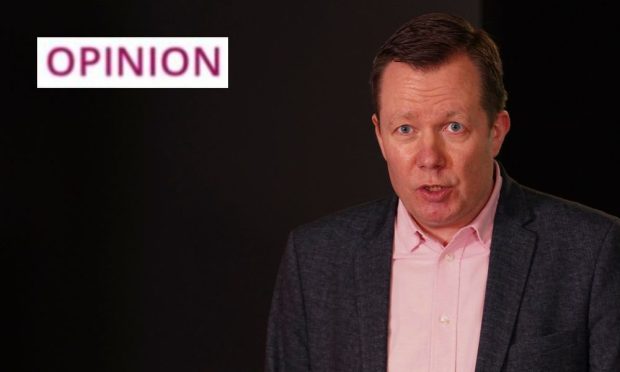
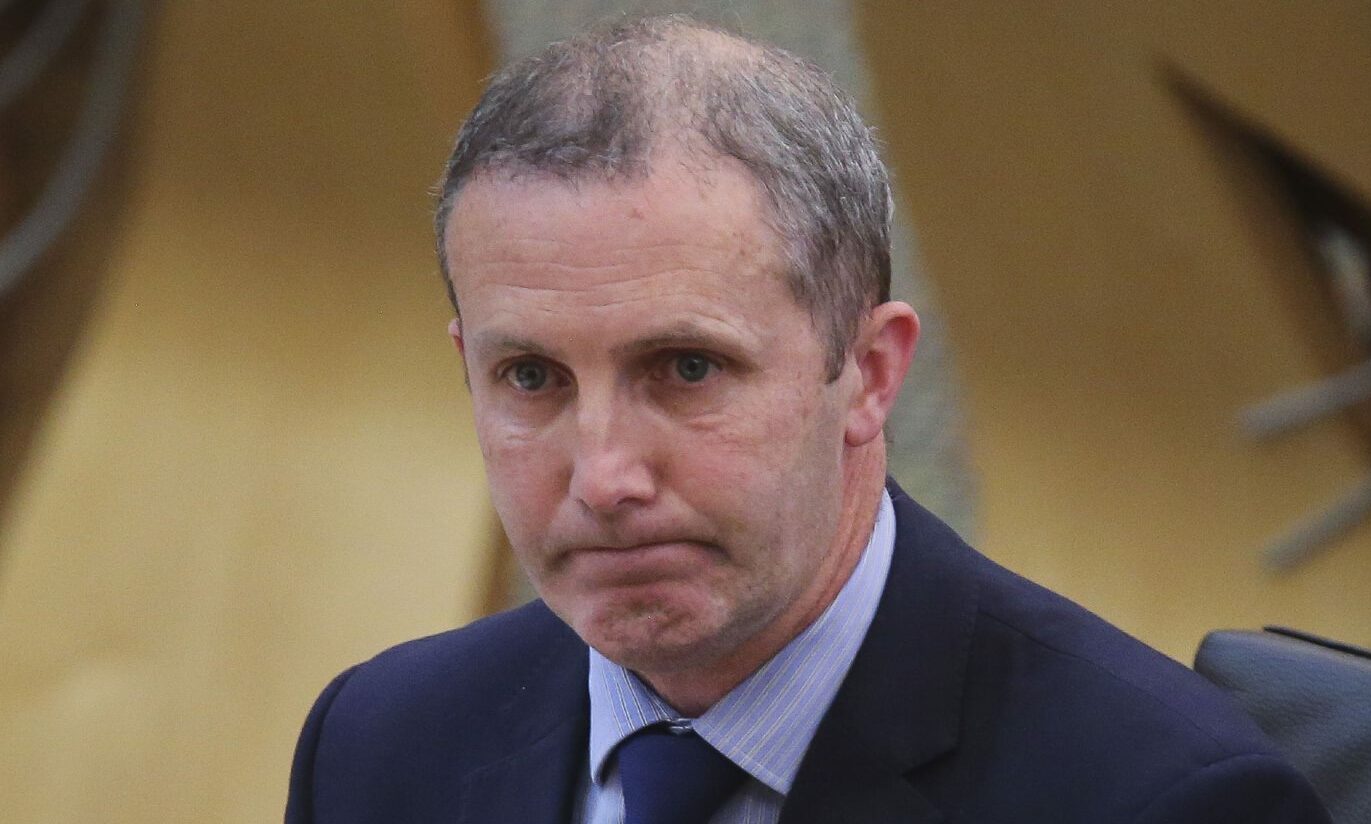


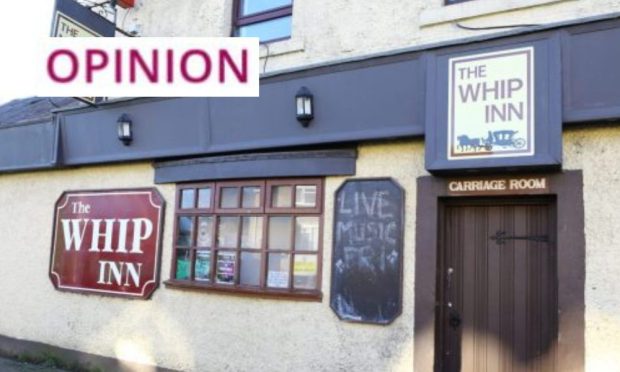
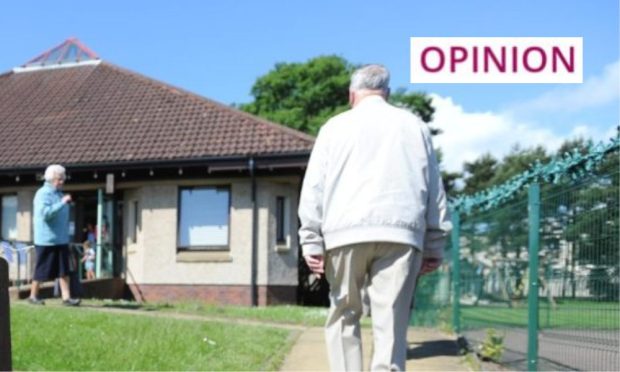

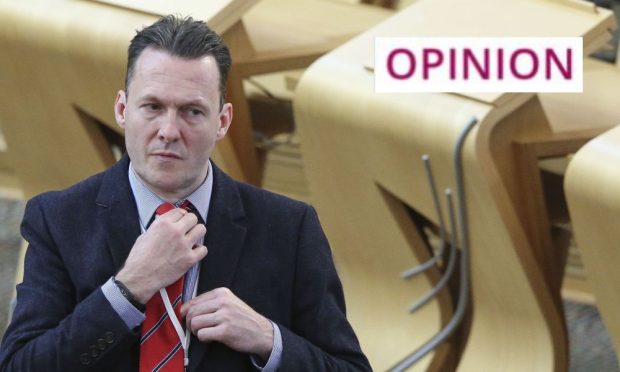


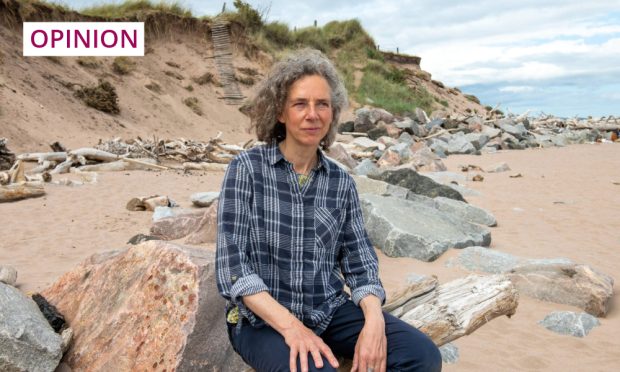
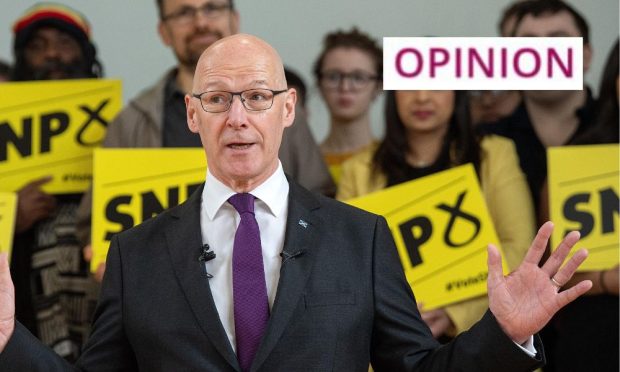

Conversation